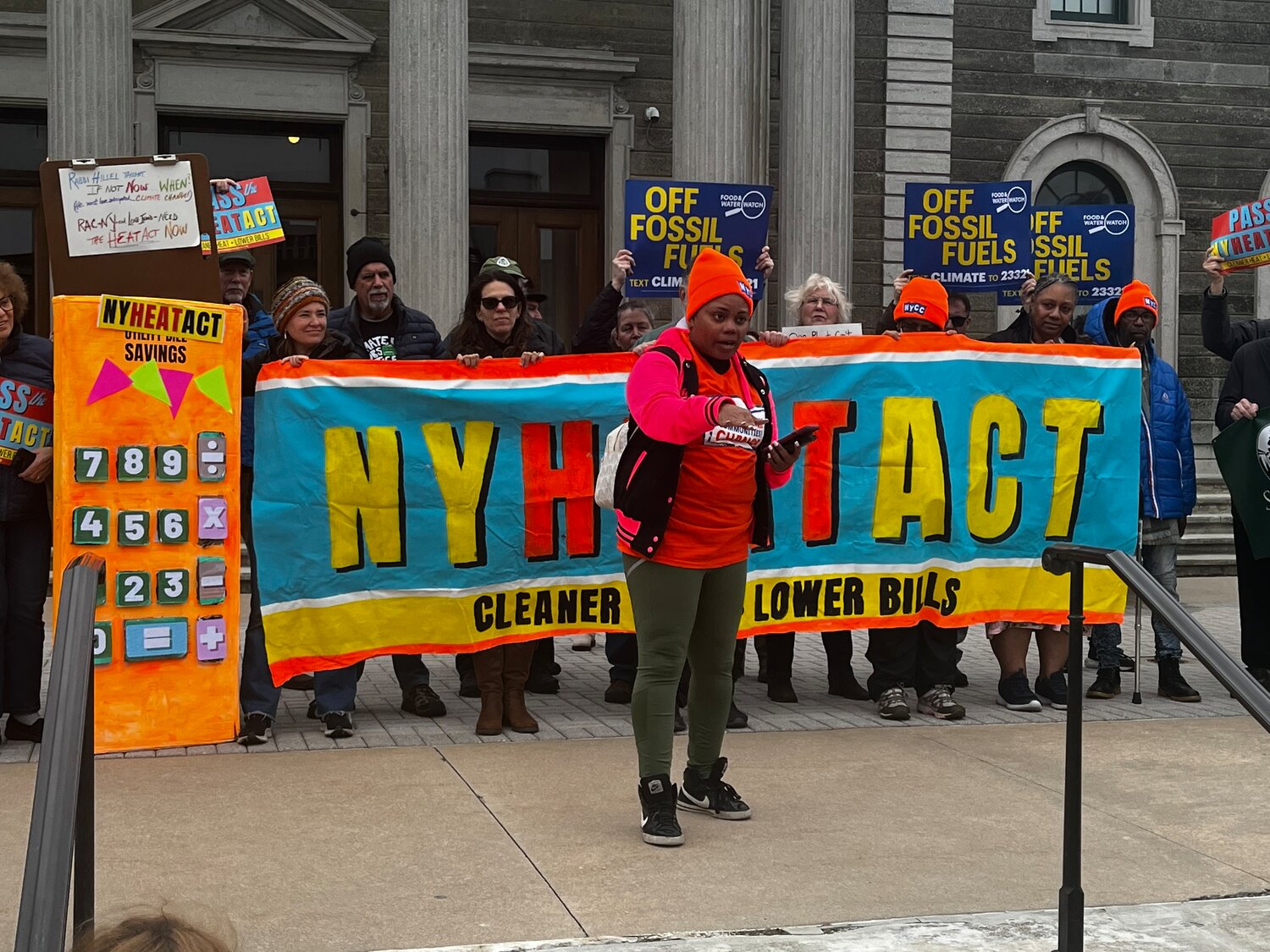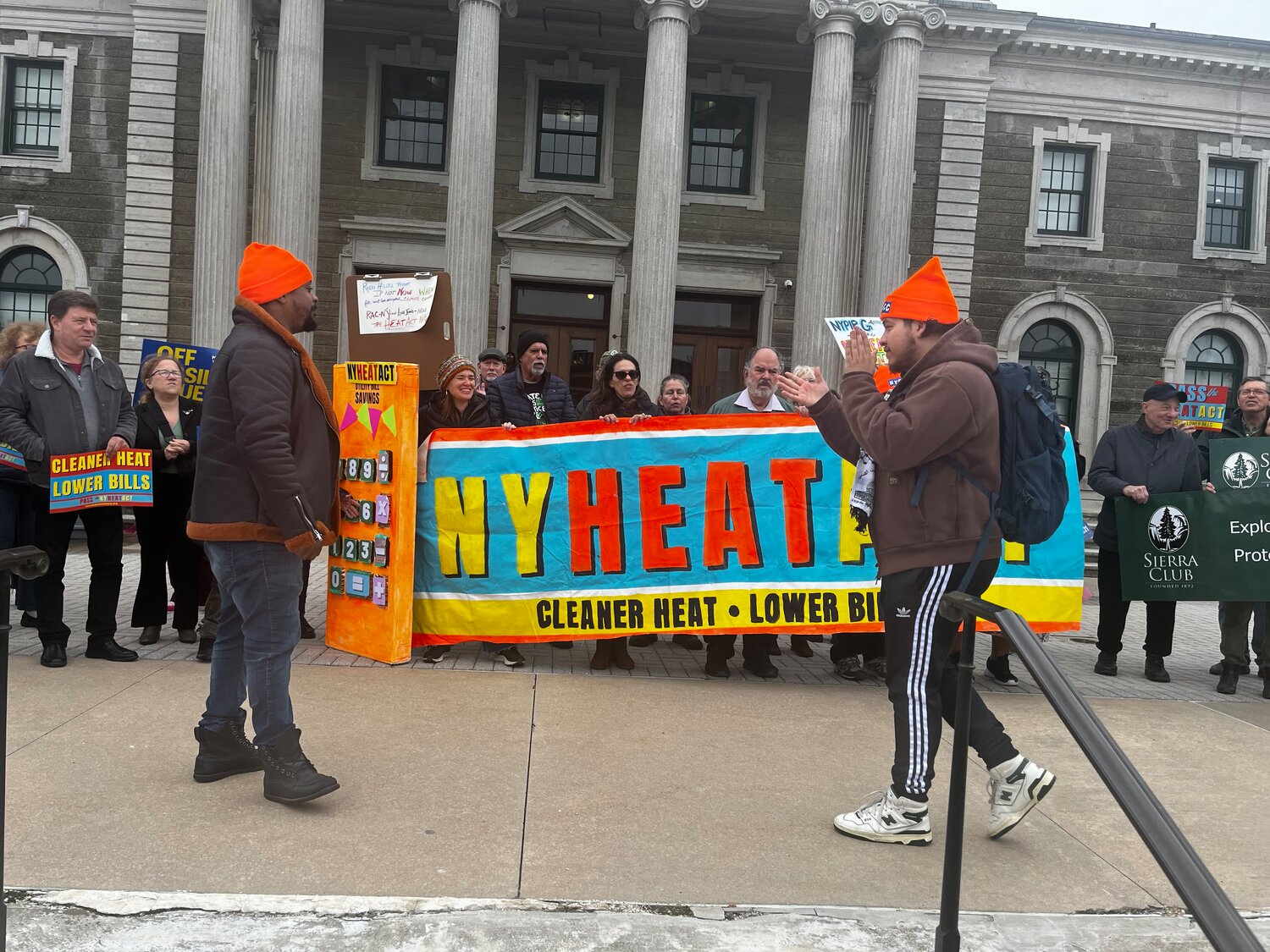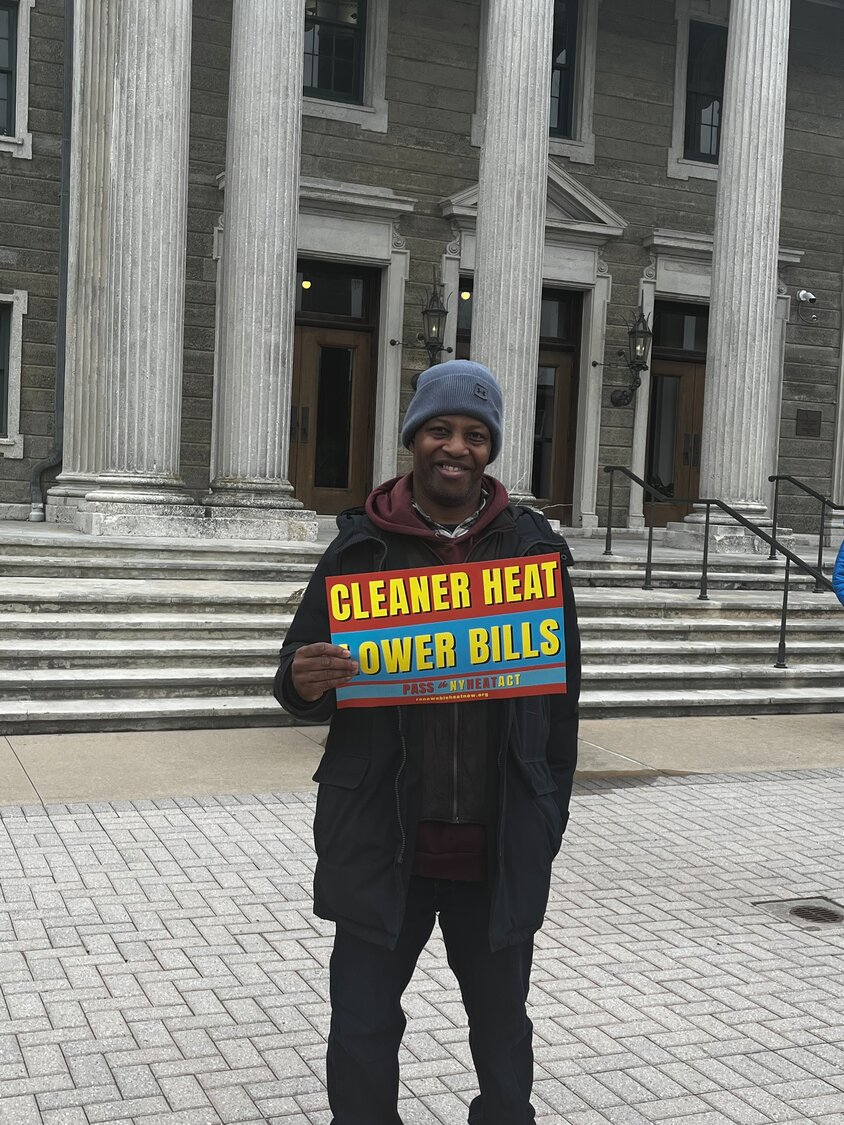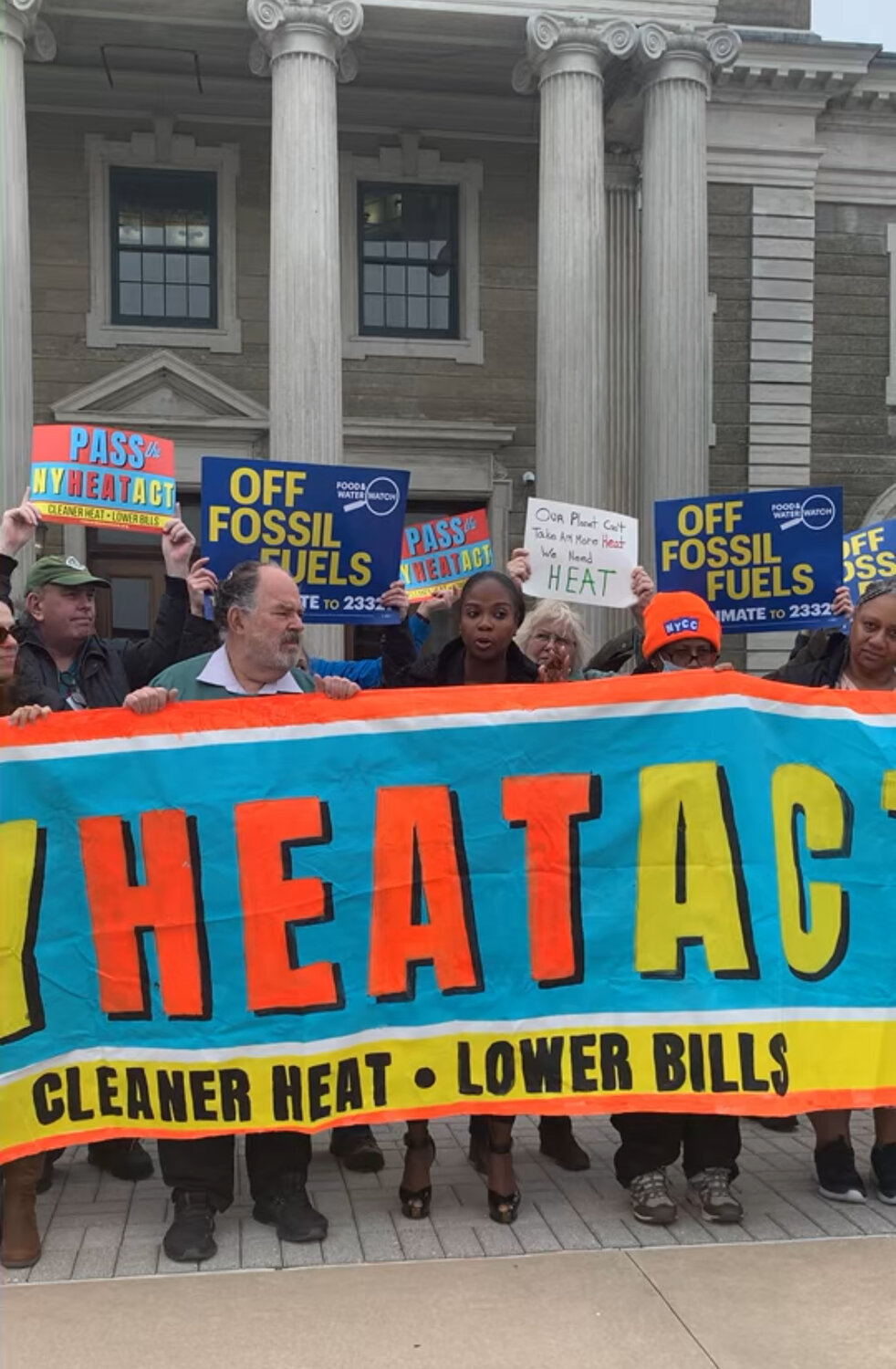HEAT Act could save struggling New Yorkers $164 per month
Many New Yorkers are struggling not just economically, but environmentally as well.
The cost of living is the single most important issue facing a majority of state residents this election cycle, a poll by Siena College found. This comes at a time where inflation has raised the price of just about everything more than 3 percent since this time last year, according to the Labor Department’s consumer price index.
Given the ongoing climate crisis as well, residents of areas like Uniondale find themselves at the intersection of a combined economic and climate emergency.
According to a report by New York Renews — a coalition of over 370 environmental, justice, faith, labor, and community groups advocating for the reform of climate law — nearly one in four Long Islanders, or 23 percent, have a high energy burden, meaning they spend more than 6 percent of their annual income on energy bills.
And now, with the Long Island Power Authority’s approved 11.6 percent rate hike this year, the average customer’s light bill is now almost $200 a month — the fourth highest in the nation.
“Long Island can’t wait,” Assemblywoman Taylor Darling said outside the county legislative building in Mineola on March 7. There, alongside residents and advocates, Darling unveiled new research showing that these “energy-burdened families” could save a great deal of money on their utility bills if the state’s proposed Home Energy Affordable Transition, or HEAT, Act is included in the state budget proposal for fiscal year 2025.
Experts from WIN Climate, an organization of data scientists, economists and energy modelers that collaborated with New York Renews on its report, say that the HEAT Act could cut many Long Island residents’ energy bills nearly in half, helping them save an average of $164 per month. The bill includes a provision that limits the charges for utilities to a maximum of 6 percent of a household’s annual income.
“An extra $164 in my pocket can go a long way,” said Peggy Perkins, a resident of Hempstead who said she has several jobs in order to make ends meet. “There are times I have to use the stove in the kitchen to heat up the house because we can’t afford the heat bill. There are times I have to choose between feeding my kids or paying some high bill, and that ain’t right.”
“Our families are struggling,” Darling said. “People cannot afford to pay their bills, they cannot afford housing, they cannot afford food, and yet our utility bills, somehow, continue to rise every single month.”
The HEAT Act is part of a broader package of bills called the Climate, Jobs, and Justice package — a legislative three-pack aimed at creating “climate justice,” which is now awaiting a vote in the Assembly. The package also includes the Climate Change Superfund Act, which would hold major oil companies responsible for pollution costs by forcing them to pay into a superfund controlled by the state; and the Just Energy Transition Act, which outlines a plan to replace fossil fuel facilities by 2030.
Darling, who co-sponsored the bill in the Assembly, said that passing the HEAT Act isn’t just about fighting climate change, but also empowering residents to regain control of their energy bills. She is calling on her fellow lawmakers to support the legislation.
“The NY HEAT Act will align gas utilities with emission reduction and climate justice mandates, ensuring a just transition from fossil fuels to electric heating for all,” Darling said. “By prioritizing energy affordability and sustainability, lawmakers can pave the way for a future where New Yorkers can save on their monthly utility expenses while collectively combating climate change.”

 44.0°,
Mostly Cloudy
44.0°,
Mostly Cloudy 











